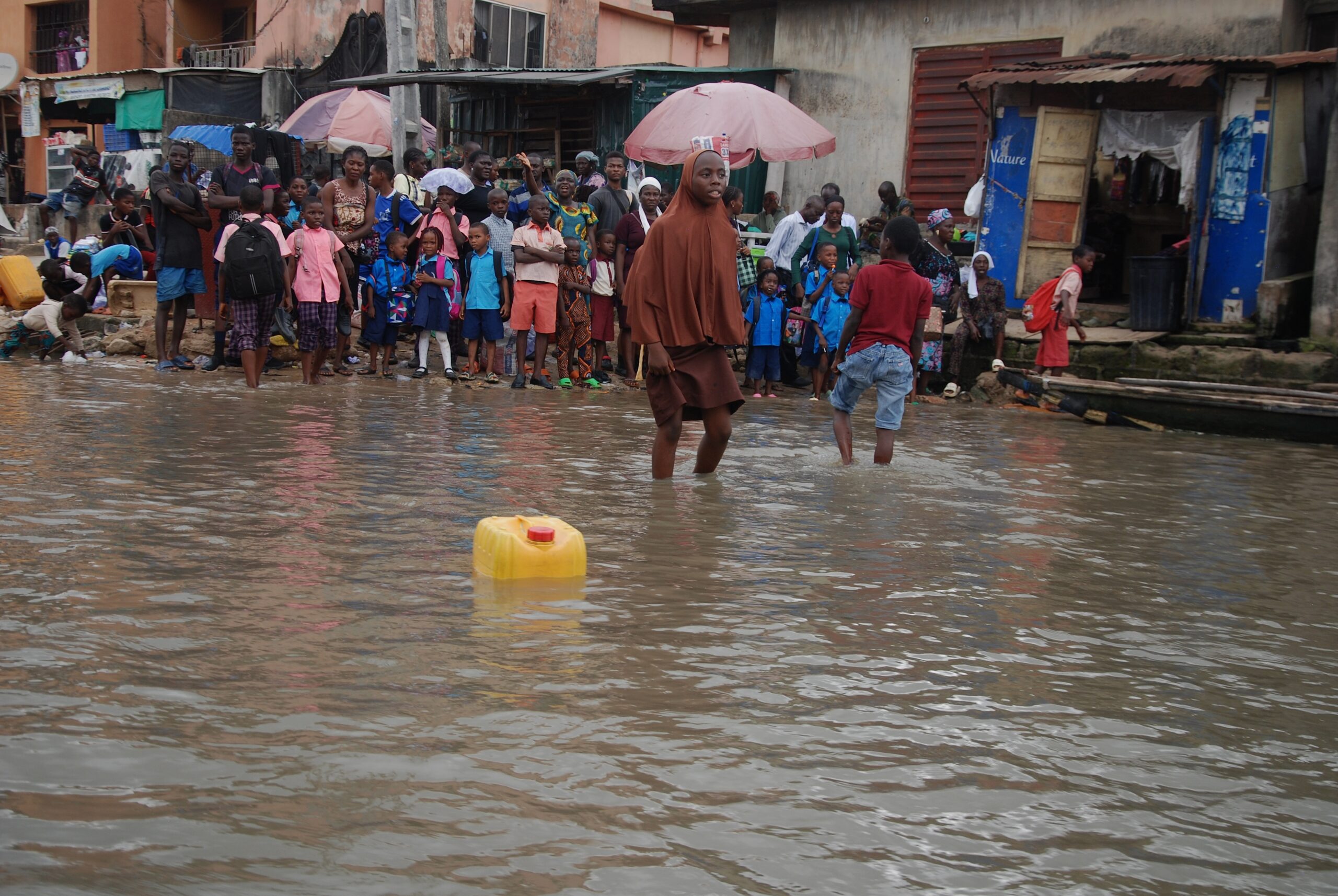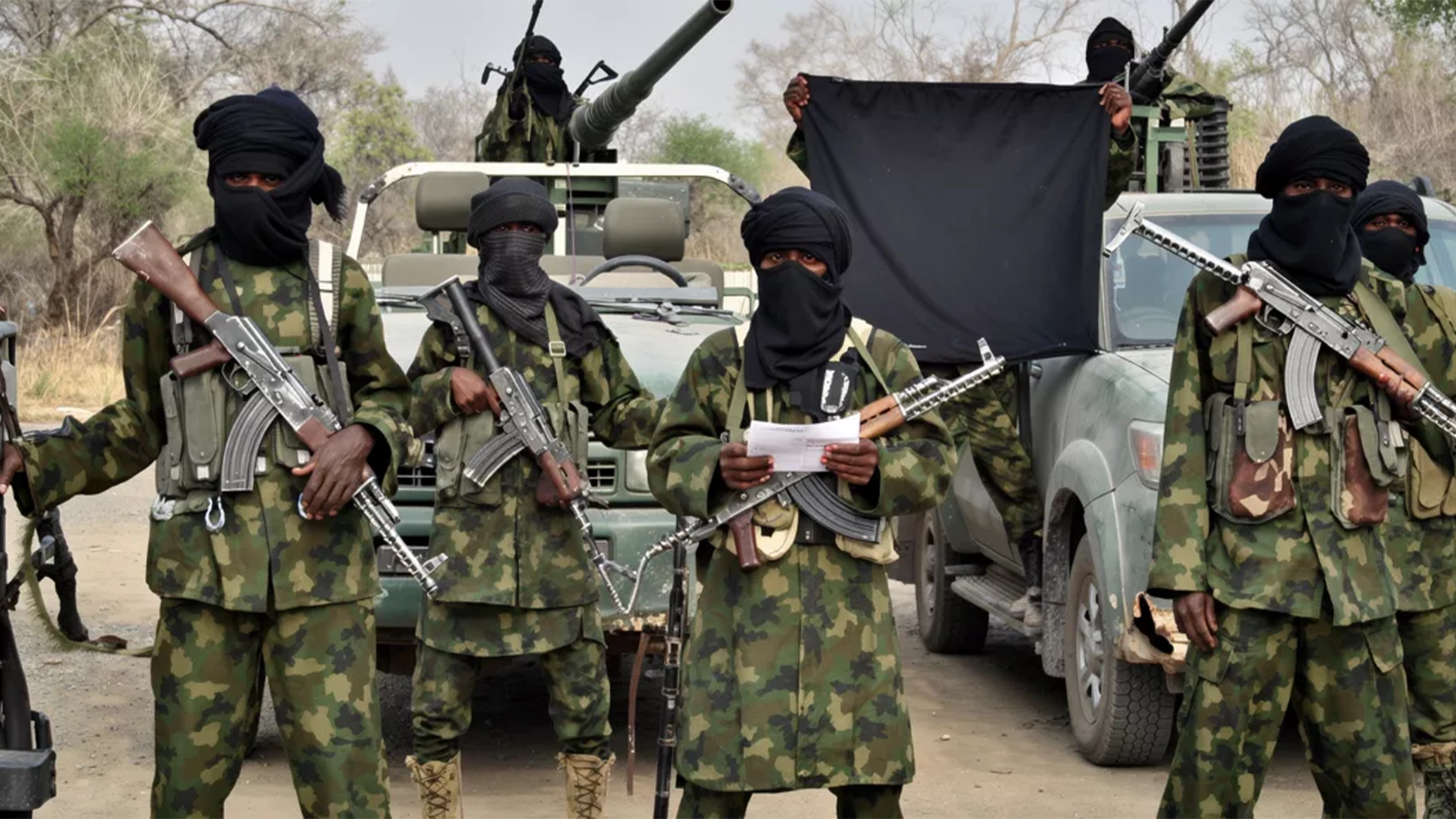
International Rescue Committee (IRC) has urged global leaders to use the opportunity of the 29th Conference of Parties (COP 29) in Baku, Azerbaijan to fund anticipatory climate action as floods and displacement worsen across Africa
IRC also raised concerns about increasing climate-driven disasters disproportionately impacting Africa, warning that of the 17 climate-vulnerable, conflict-affected countries identified by the IRC, 12 of them are in Africa.
Speaking on the COP 29 Conference, the group urged global leaders and decision-makers at the conference to utilise anticipatory tools and local expertise to forecast disasters and implement proactive, early-response measures
Millions of people across the continent have been affected by climate shocks, such as severe flooding and prolonged periods of drought, intensifying crises in regions already burdened by conflict and instability.
Essentially, flooding across various regions in Africa has led to widespread displacement, severe food insecurity, and alarming public health crises. These extreme weather events, the group said, were a stark reminder that the climate crisis was no longer a future threat but a present-day emergency that required urgent global action.
It said the agricultural sector in several countries, already weakened by years of conflict and insecurity, was struggling to recover as flood waters destroyed crops and overwhelmed farmland.
According to the group, in West Africa, countries like Nigeria, Mali, and Niger have witnessed some of the worst floods in decades with over three million people in West Africa struggling to cope with the aftermath of the floods, which have destroyed crops, damaged homes, and contributed to sharp increases in cholera, malaria, and malnutrition.
In Nigeria, the IRC supported nearly 4,000 clients in Adamawa State with cash transfers, early warning systems, and community training, reaching over 10,000 individuals through mobile alerts and community-based messaging to prepare for anticipated floods this year.
The impacts of climate change, compounded by armed conflicts, lRC said, were driving unprecedented humanitarian need, displacements and food insecurity in the region.
It further expressed worries that in Chad, East Africa and others, the humanitarian situation was equally dire.
The IRC Vice President for Emergencies at the IRC, Bob Kitchen, said: “Anticipatory action is crucial to how we respond to climate shocks. It enables us to provide earlier and targeted assistance to help populations caught up in the vicious cycle of poverty, conflict, and displacement- challenges exacerbated by climate change. The IRC urges donors to commit 5 per cent of humanitarian budgets to anticipatory actions.”






